Mucus and phlegm, though often used interchangeably, play crucial but slightly different roles in our respiratory system. Produced by the mucous membranes, mucus lines various parts of our body, including the nose, throat, and lungs, acting as a protective barrier against dust, allergens, and pathogens. Phlegm, on the other hand, is a type of mucus produced in the lungs and lower respiratory tract, particularly in response to inflammation or infection.
While these substances are vital for trapping and eliminating irritants, excessive production can lead to discomfort, breathing difficulties, and persistent coughing. Understanding how to manage and reduce excessive mucus and phlegm through natural remedies can be an effective and gentle way to maintain respiratory health, particularly for those seeking alternatives to heavy medications.
Understanding the Causes of Mucus and Phlegm Congestion
A key step in effectively managing mucus and phlegm is understanding their common causes. The most frequent culprits include viral infections like the common cold and flu, which naturally trigger an increase in mucus production as the body’s defense mechanism.
Allergies are also major contributors, as exposure to allergens like pollen, dust, or pet dander can lead to an inflammatory response, resulting in excess mucus. Inflammation of the sinuses (sinusitis) or nasal mucosa (rhinitis) further exacerbates this condition, causing discomfort and congestion.
Environmental factors play a significant role too. Smoke, pollution, and chemical fumes can irritate the respiratory tract, leading to increased mucus secretion. Similarly, respiratory infections, whether bacterial or viral, can cause phlegm buildup as the body attempts to fight off the invaders.
Chronic respiratory conditions like asthma and Chronic Obstructive Pulmonary Disease (COPD) often involve mucus accumulation due to the inflammation and narrowing of the airways that characterize these diseases. Additionally, gastroesophageal reflux disease (GERD), where acid flows back into the esophagus, can irritate the throat and airways, leading to increased mucus production.
By identifying these triggers and understanding their impact on the respiratory system, you can better tailor your approach to managing and preventing mucus and phlegm congestion.

Effective Natural Remedies for Clearing Mucus and Phlegm
Nature offers a treasure trove of remedies that can provide relief from the discomfort of excessive mucus and phlegm. These natural solutions not only aim to clear the airways but also enhance the body’s immune response. Here are some time-tested and scientifically supported remedies to help you breathe easier and feel better:
1. Lemon and Honey
This classic combination is more than just a soothing remedy. Lemon’s acidity helps cut through mucus, while honey is known for its antibacterial properties and ability to soothe sore throats.
Mix two tablespoons of lemon juice with a tablespoon of organic honey and consume up to three times daily for best results.
2. Peppermint Tea or Oil
Peppermint is renowned for its refreshing and cooling properties, making it an excellent decongestant. The herb helps clear respiratory infections and soothes irritated airways.
Brew a cup of peppermint tea or add a few drops of peppermint oil to hot water for steam inhalation.

3. Turmeric
A spice celebrated for its antibacterial and antiseptic properties, turmeric can strengthen the immune system and fight infections. Curcumin, the active compound in turmeric, has strong anti-inflammatory and antioxidant properties. It helps in reducing the inflammation of the mucous membranes that line the respiratory tract.
For a simple remedy, mix turmeric powder with water and a pinch of salt, and use it as a gargle solution.
4. Garlic
Garlic’s potent antiseptic qualities make it effective in drawing out infections from the throat and lungs. Attributed to its compound allicin, it can help fight bacterial and viral infections and reduce the production of excess mucus.
Chewing on a clove of garlic or gargling with warm water mixed with garlic oil can help clear mucus and fight respiratory infections.
5. Eucalyptus Tea or Oil
Eucalyptus oil contains cineole, a compound known for its expectorant properties, helping to clear mucus from the chest and ease breathing.
Drinking eucalyptus tea or adding eucalyptus oil to hot water for steam inhalation can help moisturize dry respiratory tracts and ease breathing.
6. Ginger Tea or Oil
Known for its decongestant and expectorant properties, ginger helps in combating respiratory infections. Gingerol, the active component of ginger, is an effective natural expectorant. It aids in breaking up mucus in the lungs and soothes inflamed airways.
Boil slices of fresh ginger in water, sweeten with honey, and drink it as a tea to help reduce mucus and phlegm.
7. Steam Inhalation
Steam helps moisten dry airways, loosens mucus, and can clear it from the nasal passages, throat, and lungs. Adding herbs or essential oils enhances this effect by introducing antiviral and anti-inflammatory properties.
Add antiviral herbs or a few drops of essential oils like eucalyptus or peppermint to hot water and inhale the steam. This helps in soothing irritation, reducing inflammation, and treating infections.
When to Seek Medical Advice
While natural remedies and lifestyle changes can be effective for managing mucus and phlegm, it’s crucial to recognize when professional medical advice is needed:
- Persistent Symptoms: If symptoms such as coughing, excessive mucus, or breathing difficulties persist beyond a few weeks, it’s important to consult a healthcare provider.
- Severe Symptoms: Seek immediate medical attention if you experience severe symptoms such as difficulty breathing, chest pain, wheezing, or if your mucus is colored (yellow, green, brown, or contains blood).
- Underlying Health Conditions: Individuals with pre-existing respiratory conditions like asthma, COPD, or chronic bronchitis should consult their doctor, as they may require specialized treatment.
- Recurring Infections: Frequent respiratory infections or a cough that keeps returning may indicate an underlying health issue that needs medical assessment.
- Compromised Immune System: People with a weakened immune system, either due to a medical condition or medications, should seek medical advice, as they are more susceptible to complications.
It’s always better to err on the side of caution when it comes to respiratory health. A healthcare professional can provide a proper diagnosis and treatment plan tailored to your specific needs.

My Personal RX: Preventing Excessive Mucus and Phlegm
Respiratory health depends on keeping your airways clear and reducing inflammation that triggers excess mucus production. After treating countless patients with chronic congestion and respiratory issues, I’ve learned that prevention is far more effective than constantly treating symptoms. Your body produces mucus naturally as a protective mechanism, but when inflammation runs high or irritants overwhelm your system, mucus production spirals out of control. Supporting your immune system, reducing inflammation, and maintaining healthy respiratory function can help you breathe easier and avoid the discomfort of excessive phlegm.
- Stay Hydrated Throughout the Day: Drinking plenty of fluids, especially water, helps keep mucus thin and easier to expel. Aim for at least eight glasses daily, and increase intake when dealing with respiratory infections or allergies.
- Reduce Inflammation with Omega-3s: Chronic inflammation in your respiratory tract triggers excess mucus production. Omega-3 Fish Oil supports cardiovascular health and maintains a normal inflammatory response throughout your body, including your respiratory system.
- Avoid Environmental Irritants: Smoke, strong perfumes, chemical fumes, and air pollution irritate respiratory passages and increase mucus production. Minimize exposure to these triggers by using air purifiers, avoiding smoking areas, and choosing fragrance-free products.
- Eat Anti-Inflammatory Foods Daily: Foods rich in antioxidants, including berries, leafy greens, garlic, ginger, and turmeric, help reduce inflammation and support immune function. These foods can naturally decrease mucus production while strengthening your body’s defenses.
- Practice Good Hygiene: Regular hand washing and avoiding close contact with sick individuals reduces your risk of respiratory infections that cause excessive mucus and phlegm buildup.
- Exercise Regularly for Respiratory Health: Physical activity improves lung capacity and helps clear mucus from airways. Even moderate exercise like walking or swimming can strengthen respiratory muscles and improve mucus clearance.
- Manage Allergies Proactively: Allergies are a major cause of excess mucus production. Work with your healthcare provider to identify triggers and develop a management plan that may include avoiding allergens or using appropriate medications.
- Use a Humidifier in Dry Conditions: Dry air can irritate respiratory passages and thicken mucus, making it harder to expel. Using a humidifier, especially during winter months or in dry climates, keeps airways moist and mucus flowing.
- Limit Dairy During Acute Symptoms: While dairy doesn’t cause mucus production, it can make existing mucus feel thicker and harder to clear. Consider reducing dairy intake when dealing with active respiratory issues.



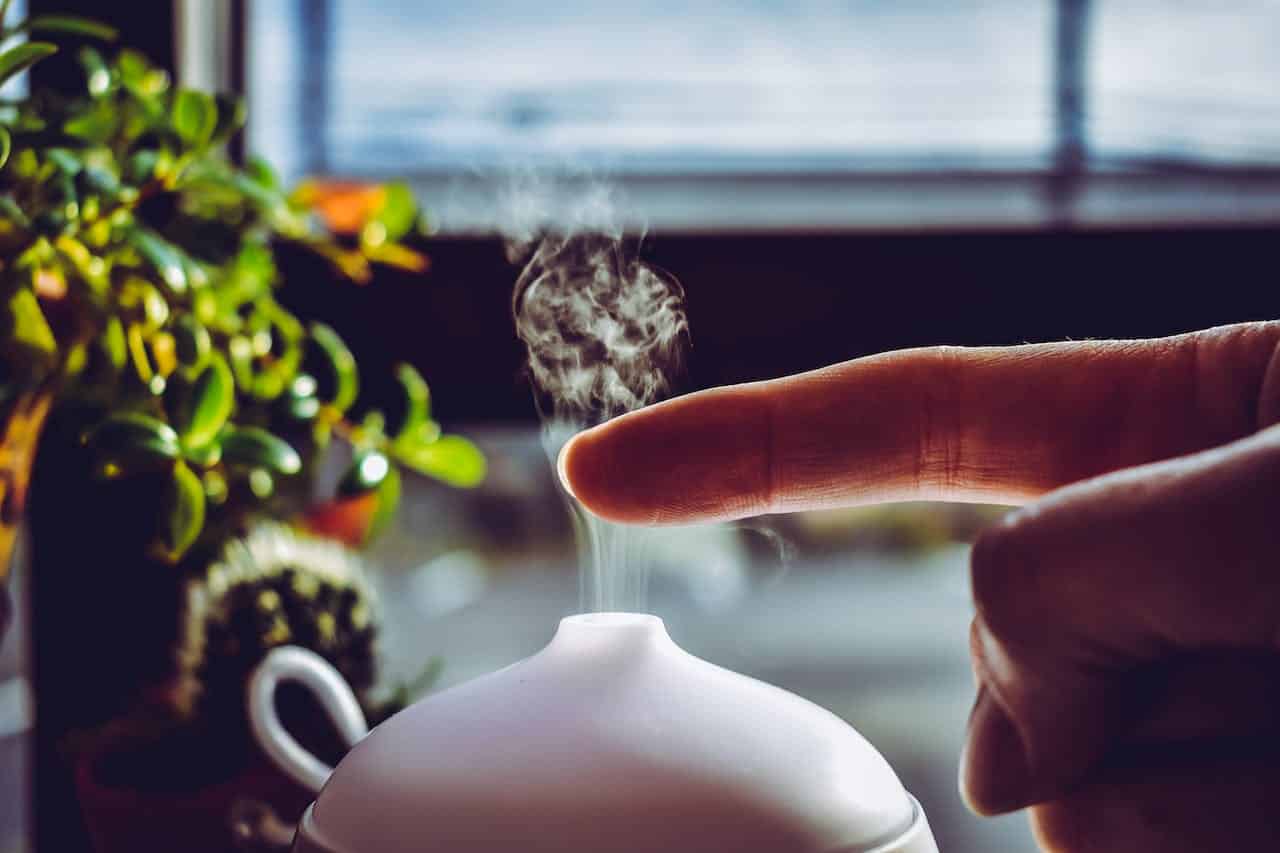
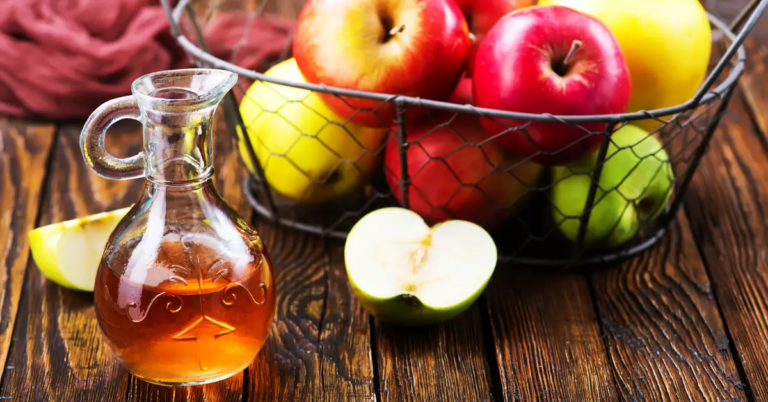
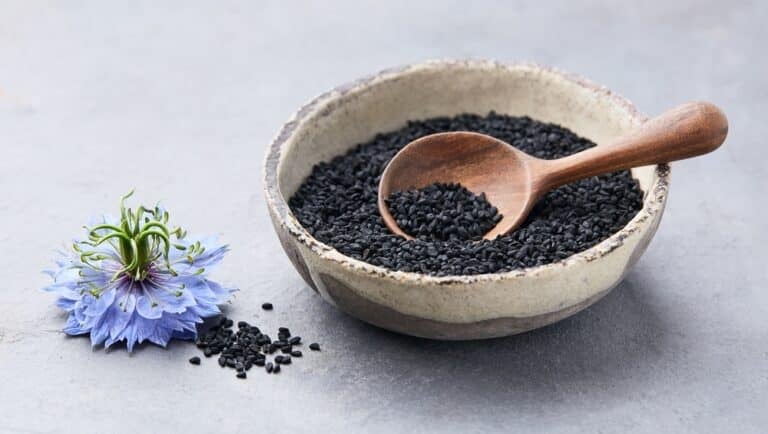
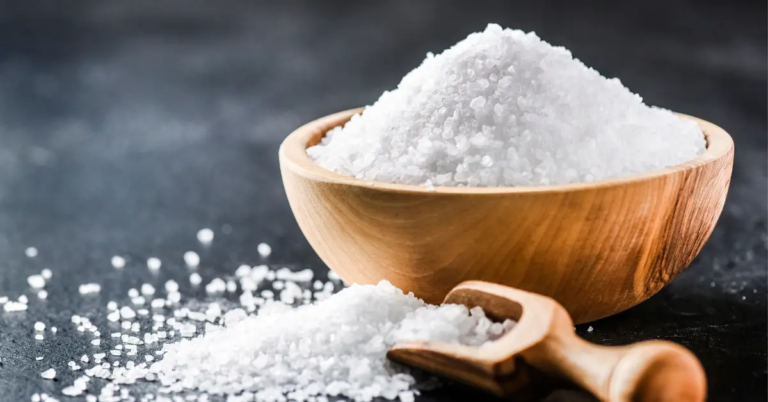

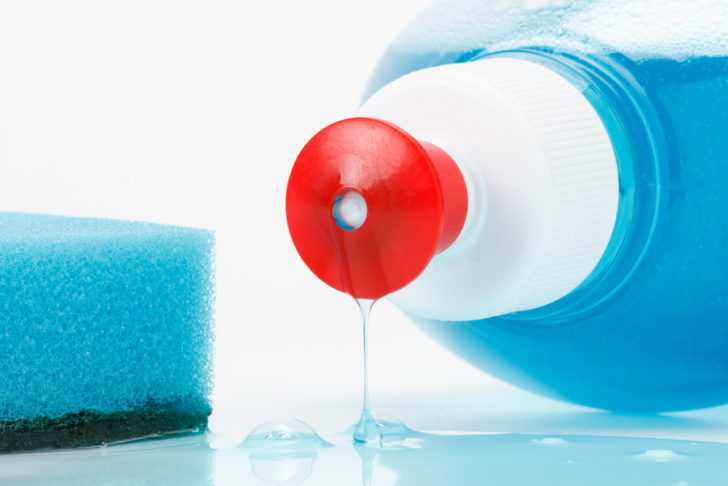


 Subscribe to Ask Dr. Nandi YouTube Channel
Subscribe to Ask Dr. Nandi YouTube Channel









